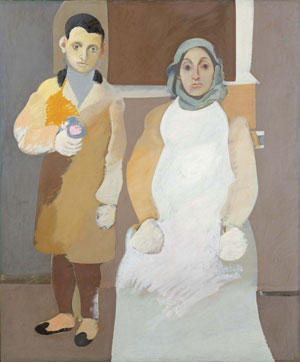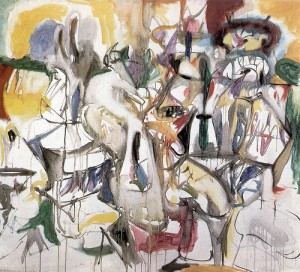From BBC News:
Even though President Barack Obama promised during his election campaign to call a mass murder a genocide when it is/was genocide, his administration has asked a Congressional panel not to do so, fearing to insult an ally.
The Obama administration has called on a Congressional panel not to describe the killing of Armenians by Turkish forces during World War I as genocide.
US Secretary of State Hillary Clinton urged the chairman of the House Foreign Affairs Committee to hold off a vote on the issue, the White House said.
She said the non-binding resolution would harm talks between Turkey and Armenia.
The resolution is fiercely opposed by Turkey, a key ally of the US.
In 2007, a similar resolution passed the committee stage, but was shelved before a House vote after pressure from the George W Bush administration.
Turkey has warned of consequences for US-Turkey ties if the latest resolution is passed.
During his election campaign President Barack Obama promised to brand the mass killings genocide. (more)
Why dredge up past evils? Given the precarious state of the world, isn’t getting along with a valued ally more important than quibbling about history’s record? There is no country on earth whose citizens can claim a history free of human rights abuse. Why pick on Turkey?
As an answer, Carolyn Forche edited a collection of 20th-century world poetry: Against Forgetting, Twentieth-Century Poetry of Witness, published in 1993.
Forche:
Any twentieth-century history of human rights and genocide must begin with the massacre of Armenians, then the largest Christian minority population of Turkey. Between 1909 and 1918, approximately 1.5 million Armenians were massacred by order of the Ottoman Turkish government….Historians call it the first “modern” genocide,” because it appears to be the first instance of political mass murder made possible by advanced technology and modern communications implemented by a centralized state bureaucracy.
Days before the invasion of Poland, Hitler posed a question to his military cabinet:
Who, after all, speaks today of the annihilation of the Armenians?
Arshile Gorky, a little history:
Gorky fled (the town of) Van in 1915 during the Armenian Genocide and escaped with his mother and his
three sisters into Russian-controlled territory. In the aftermath of the
genocide, Gorky’s mother died of starvation in Yerevan
in 1919. (more)
Gorky, The Artist and His Mother (ca.1926-1936). Oil on canvas. 60″× 50″. Collection, Whitney Museum of American Art
 Gorky, How My Mother’s Embroidered Apron Unfolds in My Life Oil on Canvas 1944, Collection, Seattle Art Museum (image via)
Gorky, How My Mother’s Embroidered Apron Unfolds in My Life Oil on Canvas 1944, Collection, Seattle Art Museum (image via)
 Part 2, the poems, here.
Part 2, the poems, here.



Leave a Reply